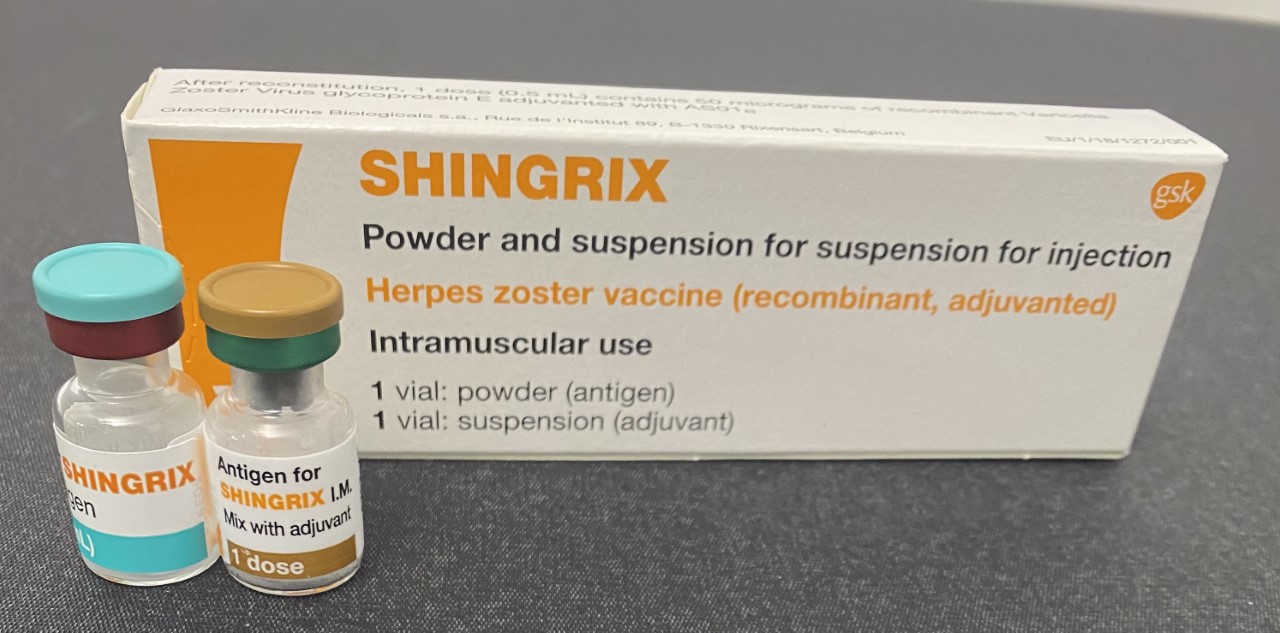
By Lyndal Byford, the Australian Science Media Centre
The shingles vaccine, Zostavax, could lower your risk of developing dementia, according to new data, however Australian experts say we don't yet know if these results will translate to the newer shingles vaccine (Shingrix) that is widely used in Australia.
The research took advantage of a 2013 decision in Wales in the UK, which prevented people born before 2nd September 1933 from receiving the shingles vaccine for life. In contrast, those born on or after that day were eligible for the vaccine. This ruling set up a natural experiment that allowed scientists to compare dementia rates in people who otherwise differed in age by only a few weeks.
"It was essentially a randomised controlled trial, which is the best way to see if an intervention has an impact," Associate Professor Sanjaya Senanayake from the Australian National University told the AusSMC.
The authors estimate there were 3.5% fewer dementia diagnoses among people who received the shingles vaccine, which translated to a 20% reduction in the risk of developing dementia.
"There has been evidence for some time that older people who receive their vaccinations in general are less likely to develop dementia," said Scientia Professor Henry Brodaty from the University of New South Wales.
"This is the best evidence yet to show this."
The Zostavax vaccine examined in this study contains a modified but live version of the virus, but in 2023, Australia placed a newer shingles vaccine on the National Immunisation Program. This new vaccine, called Shingrix, does not contain a live virus and is safer for people who are immunocompromised.
"Importantly, we don’t know whether these findings apply to both the live-attenuated shingles vaccine (Zostavax) used in their study and the newer recombinant subunit shingles vaccine (Shingrix) now used widely in Australia," said Professor Joseph Doyle from Monash University, who is also the President of the Australasian Society for Infectious Diseases.
Exactly how the vaccine might be reducing the dementia risk remains unclear.
"One possibility is that getting shingles causes inflammation and forms plaques in the brain that can lead to dementia; therefore, preventing shingles through vaccination reduces those processes," said Associate Professor Senanayake.
"Another possibility is that the vaccine itself causes an immune response independent of its impact on shingles that is beneficial in preventing dementia."
Professor Anthony Hannan from the Florey Institute of Neuroscience and Mental Health agreed that working out how the vaccine might be having this effect is the next step and that that information could be used to develop new ways to prevent and treat dementia.
"It also increases the likelihood that in future there may be specific vaccination programs whose primary aim is to prevent dementia," he said.
You can read the full AusSMC Experts Reaction here
This article originally appeared in Science Deadline, a weekly newsletter from the AusSMC. You are free to republish this story, in full, with appropriate credit.
Contact: Lyndal Byford
Phone: +61 87120 8666
Email: info@smc.org.au